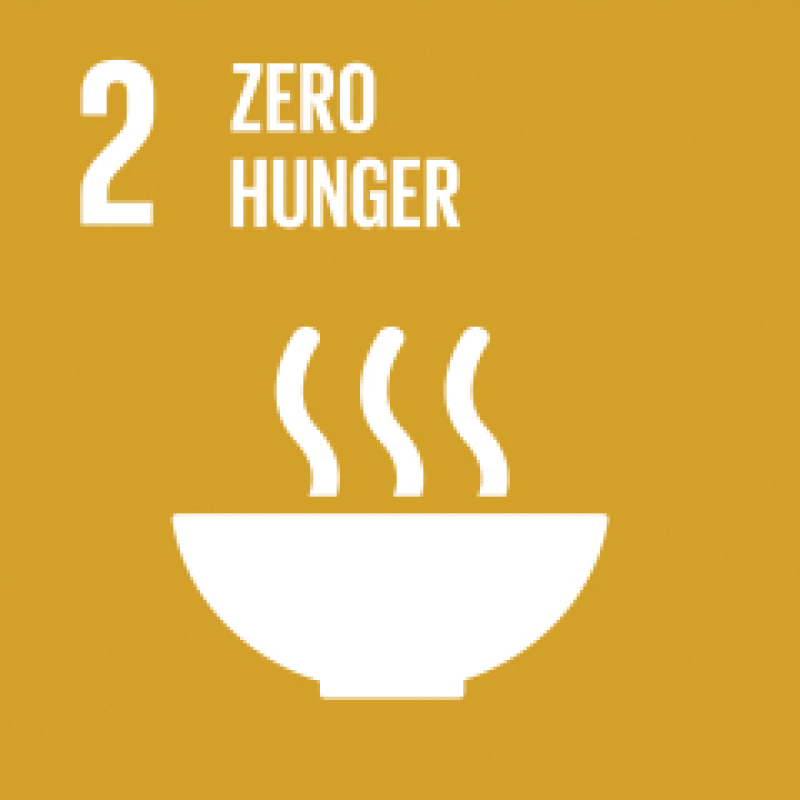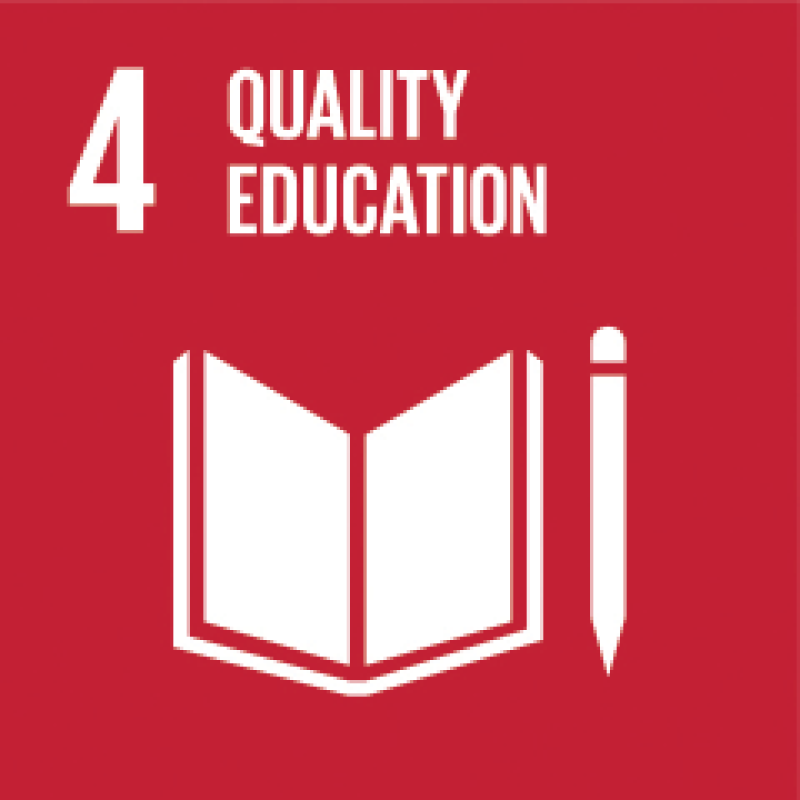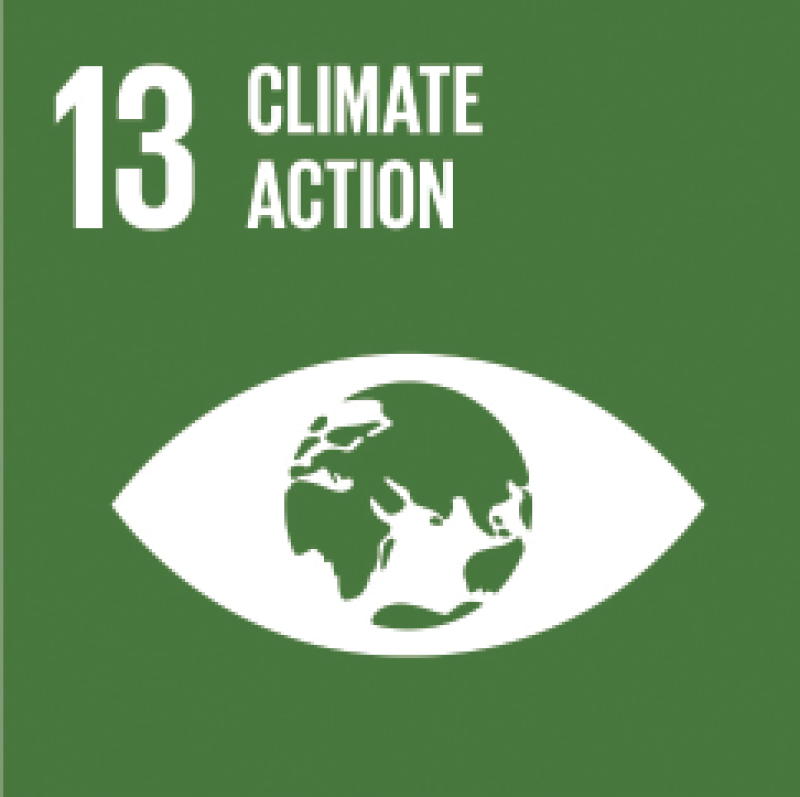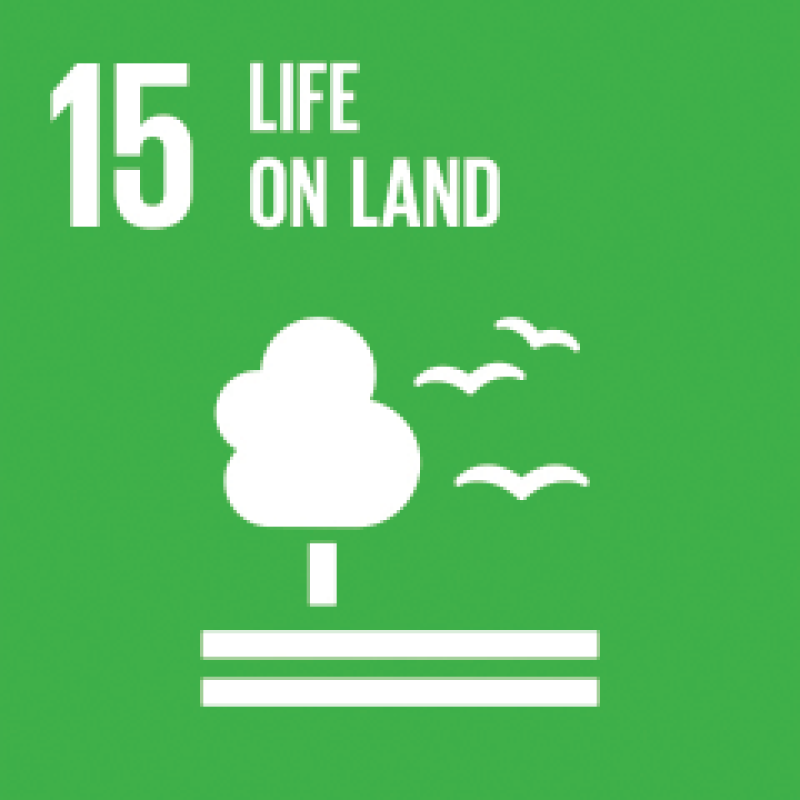



Since starting the Financial Solutions Labs in 2014, JPMorgan Chase has helped support and fund 34 inclusive finance fintech companies that together have now reached more than 2.7 million Americans, saving them more than $1 billion.
The five-year inclusive finance initiative is the creation of Colleen Briggs, the executive director of community innovation for JPMorgan Chase, whose commitment to understanding financial health is now influencing consumer banking beyond the US in markets such as India.
Briggs saw early in life that financial health was not a given when she worked in a homeless shelter as a teen.
“I recognized a classmate as one of the individuals living there, whose family had ended up at the shelter because they did not have the savings to weather a financial struggle,” she says. “And it set me on a path to look at how we can better improve financial health.”
That path took her initially to policy making. During the financial crisis, Briggs helped draft the Recovery Act, the Troubled Asset Relief Program and the Dodd-Frank Act – during a period that saw the emergence of fintech and big data. Briggs said it was clear that harnessing innovation in the financial industry itself would bring about practical changes.
“There had to be a way to switch the mindset of the industry to create products and services that promoted the financial wellbeing of a consumer, rather than just treating them as a transaction,” she says. “And fintech was going to help do that.”
So Briggs got her MBA and joined JPMorgan Chase.
While the financial crisis was a turning point in Briggs’ career, she says it was also when people woke up to the fact that inclusive finance was not just an emerging markets issue.
“The US had a robust financial industry with thousands of banks, but the crisis drove home the point that you can have the infrastructure and people can have bank accounts, but does that mean they can weather a shock or manage their finances?”
In the recession, 44% of Americans couldn’t cover an unexpected $400 expense without having to sell something or borrow. Ten years on, the wealth of low-income households has yet to recover, especially in communities of colour.
“Our definition of financial inclusion as simply having access to banking products has been wrong,” says Briggs. “Data collection and technology are the tools to help us rethink and solve the challenge, and do so in a cost-effective manner for both the consumer and the financial institution.”
The Financial Solutions Lab is a philanthropic venture for the firm, but Briggs points out that the initiative is teaching Chase Bank about how to develop its own consumer bank offering.
“What we have learned is that financial literacy is not the key to financial health that we had once thought, because even if we know what’s good for us, we don’t always act on it. So people need relevant engaging information delivered at a time when they are thinking about their money – pay day, tax time – and then they need the right product to put that into action then and there.”
The only way we’re going to make a change around equality and financial health is by experimenting and sharing what we’re learning - Colleen Briggs
All the research collected by the Lab is shared publicly.
“It was a leap of faith to do so, but the only way we’re going to make a change around equality and financial health is by experimenting and sharing what we’re learning,” says Briggs. “There are billions of people whose financial health needs to improve.”
Briggs has thought carefully about the initiative. Small startups can be hindered in later financing if tied to a large institution like JPMorgan Chase in their earlier financing rounds, so the bank provides capital to inclusive finance non-profit Center for Financial Services Innovation, which manages the fund. Together they hire design firms and behavioural economists to work with small fintechs, as well as 150 of the bank’s employees also mentoring the startups selected from the thousands of applicants.
The startups are varied, targeting specialist but large sectors such as students, post-graduates, seniors, young savers and employers.
“A one-size-fits-all model has left too many people receiving the wrong products,” says Briggs. She believes the success metrics of banks will change. “We’ll be realigning products and services so that they focus on and track economic outcomes for the customer.”
Such a change is critical to address growing inequality in the US. For too long, outcomes-based banking has been reserved only for the private client industry.
Now Briggs has brought the work of the Lab to India.
“There is lot of fintech taking place in India, but it’s not focusing on low-income households,” says Briggs. “That tends to be the realm of non-profits, but we’re taking the model of the Lab and talking to startups looking specifically at this sector. We need to create solutions that are affordable and profitable. That’s when things will really change. And it’s a model we want to be able to do globally.”
In addition to the work of the Financial Solutions Lab, Briggs also works with JPMorgan Chase’s Catalyst Fund and the Gates Foundation to support fintech companies in Africa and Latin America before these startups raise institutional venture capital.
UN Sustainable Development Goals: The keys to responsible banking?
These are the areas that the United Nations says banks need to consider when accepting their responsibilities in shaping and financing a sustainable future.


















See more impact banking champions

